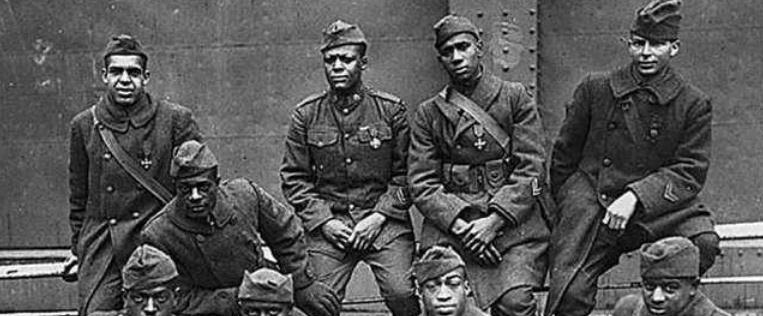During World War II, the country that the world hated the most was Japan, because during the period of aggression they committed countless crimes not only against our country, but also some countries in Southeast Asia, not only during the invasion of the three lights policy, but also very cruel to his prisoners. Immeasurable and irreparable damage has been inflicted on those invaded countries.

But for japan, they have not always been so tough, as far as their prisoners of war are concerned, not anyone can be bullied casually, and some of them, although they are prisoners, not only cannot be scolded, but also enjoy more advanced treatment than usual.
These Japanese prisoners of war who did not dare to offend were the Americans, because the captured American soldiers were generally high-ranking officers. According to the data at the time, japan captured nearly 600 American officers before and after World War II, including a very famous officer who was U.S. Army Lieutenant General Jonathan Wainwright. The American lieutenant general had been imprisoned by Japan for three years, and in the early days of his captivity, he was treated no differently from ordinary captives, and it was a luxury to eat a full meal, let alone any dignity.
But at the end of World War II, especially after 1943, the treatment of captured officers in the United States became better and better, and in the rooms where they were imprisoned, not only were tables specially provided for eating and writing, but also white rice and raw meat were provided for each meal, and the previous labor was canceled and there was a certain allowance every month. Such subsidies can be used to buy some cigarettes or daily necessities such as toothbrushes and towels, and this treatment is completely different from before.
And at that time, some senior Japanese officers would express their condolences to them from time to time. In fact, according to the situation at that time, Japan was already at the end of the road, and these prisoners of war could also be regarded as chips in some future negotiations, so naturally they could not be treated bitterly, in the final analysis, at that time, Japan did not do this in conscience, but also to find another way back for itself.